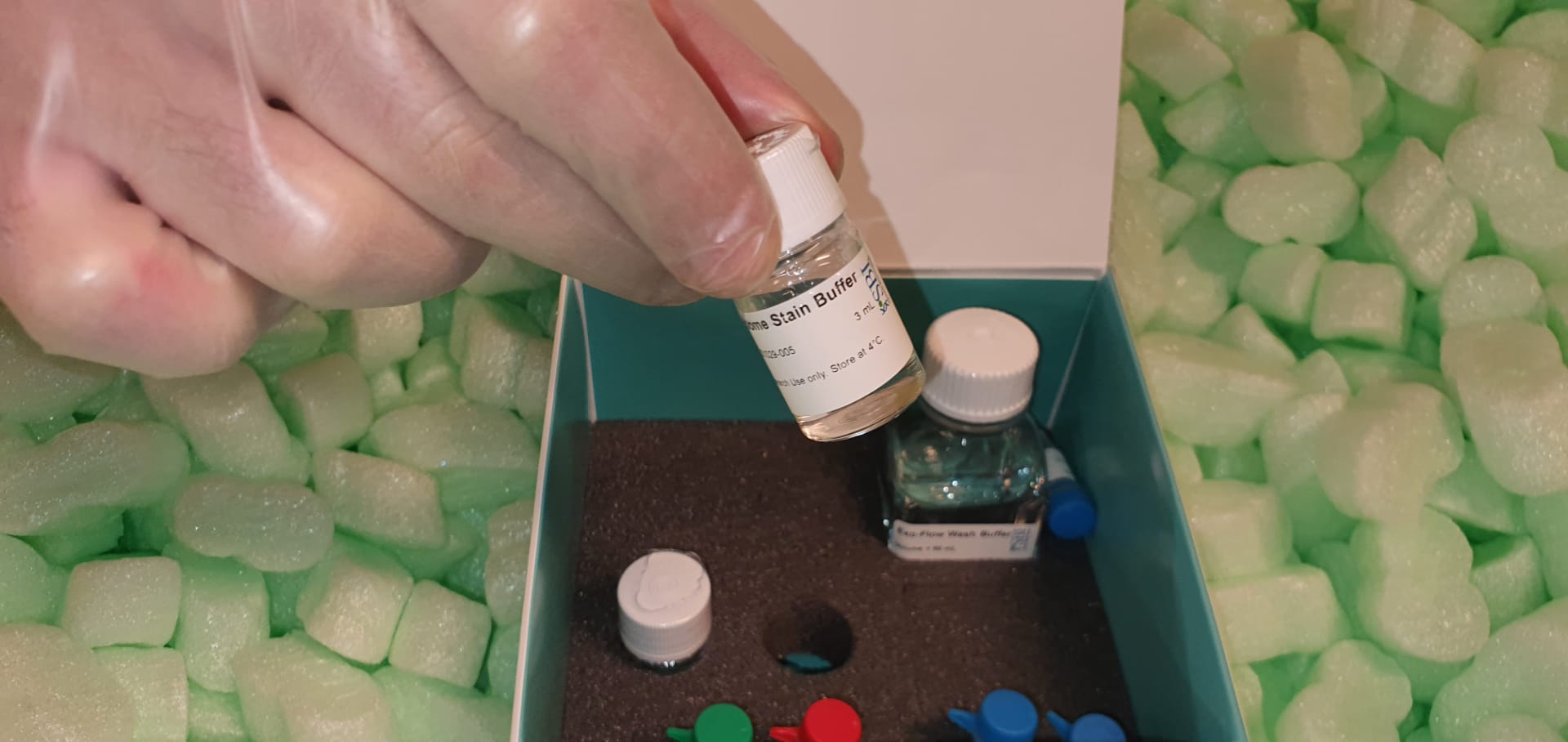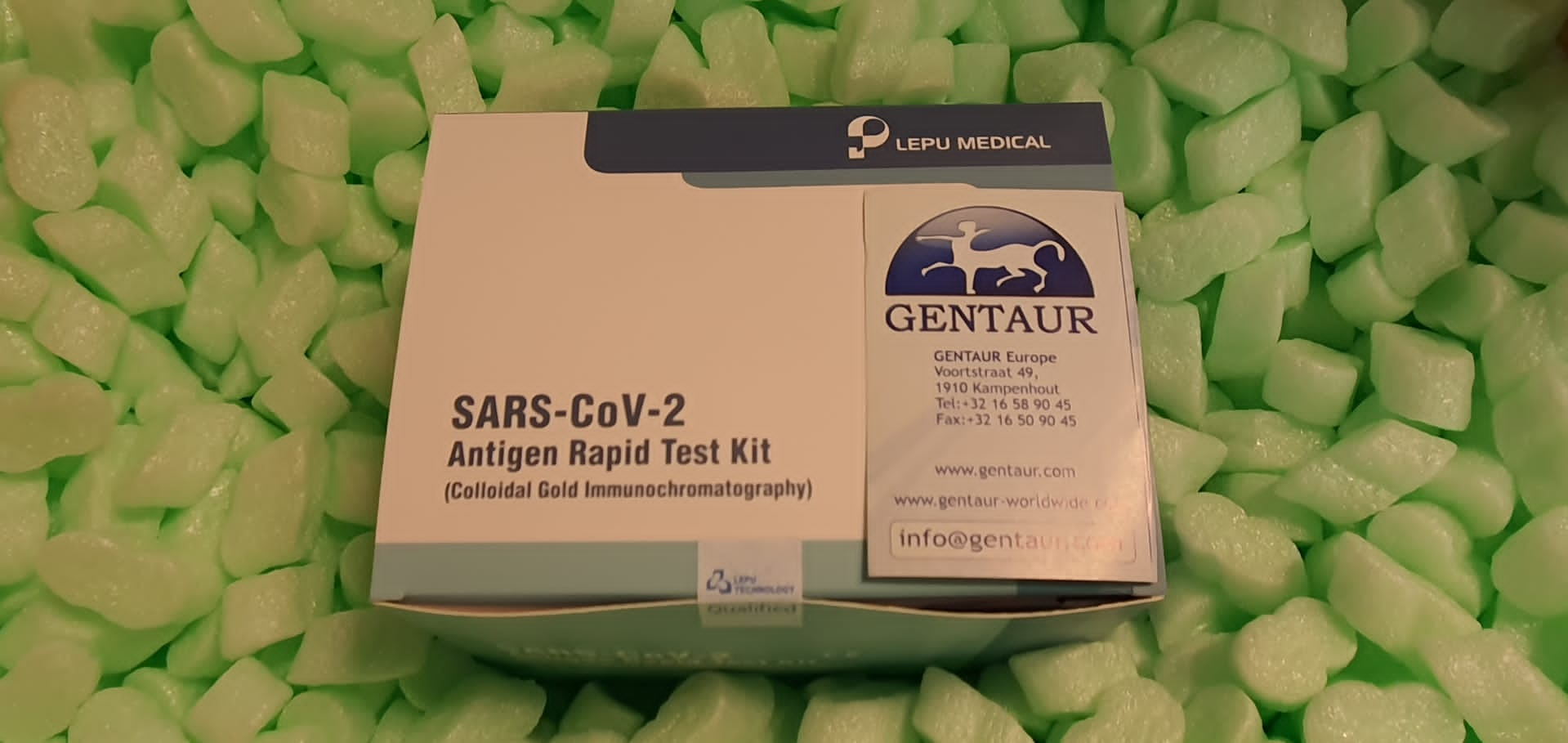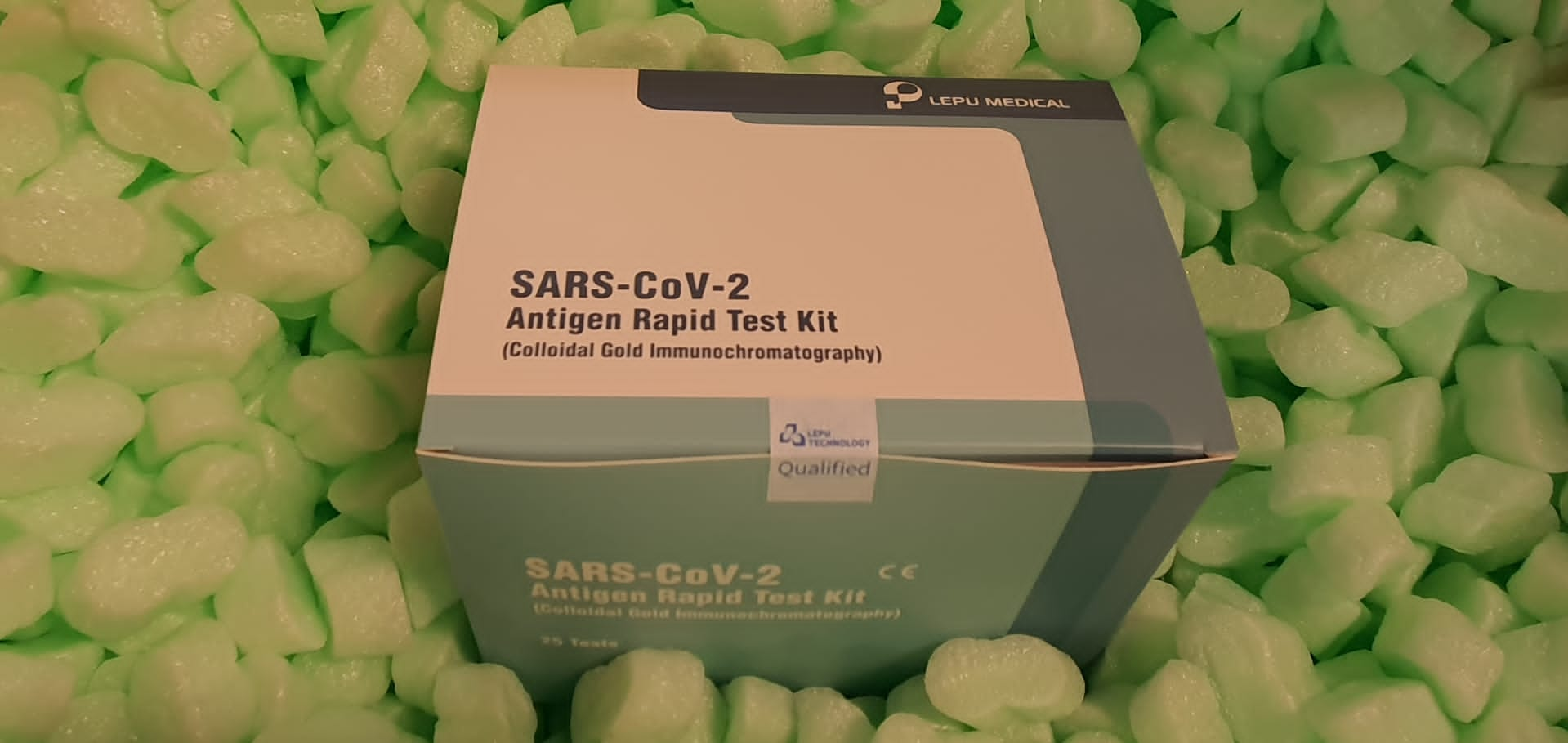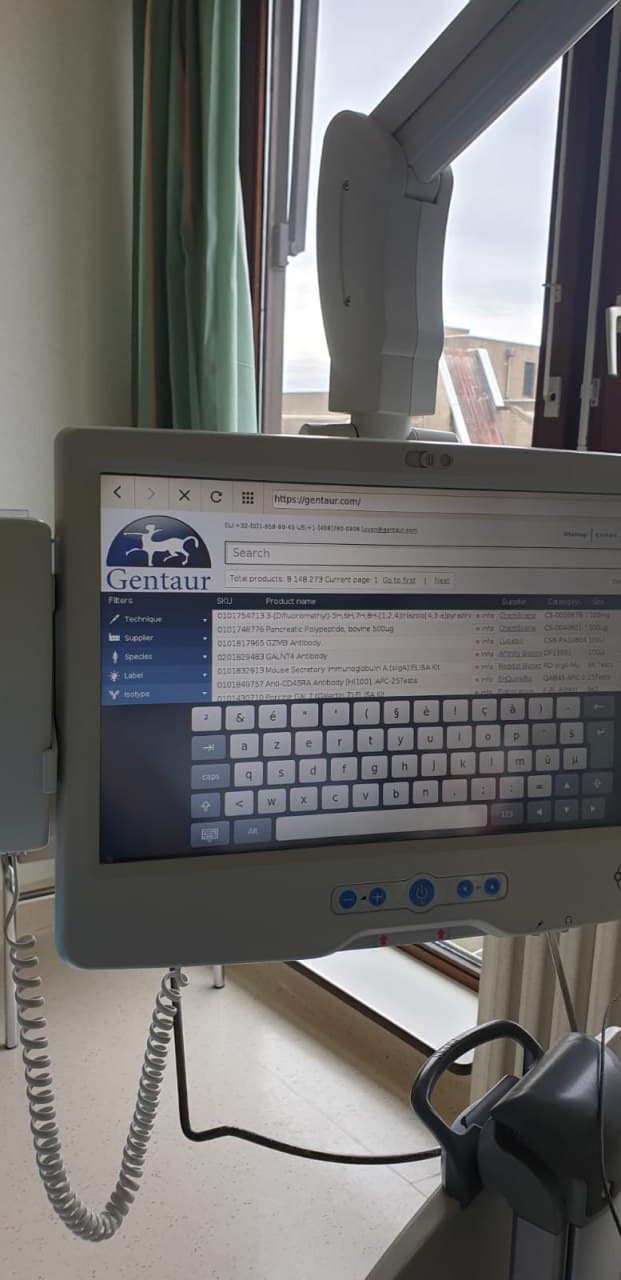Allogeneic hepatocyte transplantation: Contribution of Fas-Fas ligand interaction to allogeneic hepatocyte rejection.
Hepatocyte transplantation is a possible therapeutic modality for overcoming the scarcity of liver donors, and the scientific software of allogeneic hepatocyte transplantation has been thought-about. Nevertheless, there are two main issues with allogeneic hepatocyte transplantation: safety of transplanted hepatocytes from rejection and stimulation of the fast proliferation of surviving cells. With out immunosuppression, allogeneic hepatocytes
Read More




